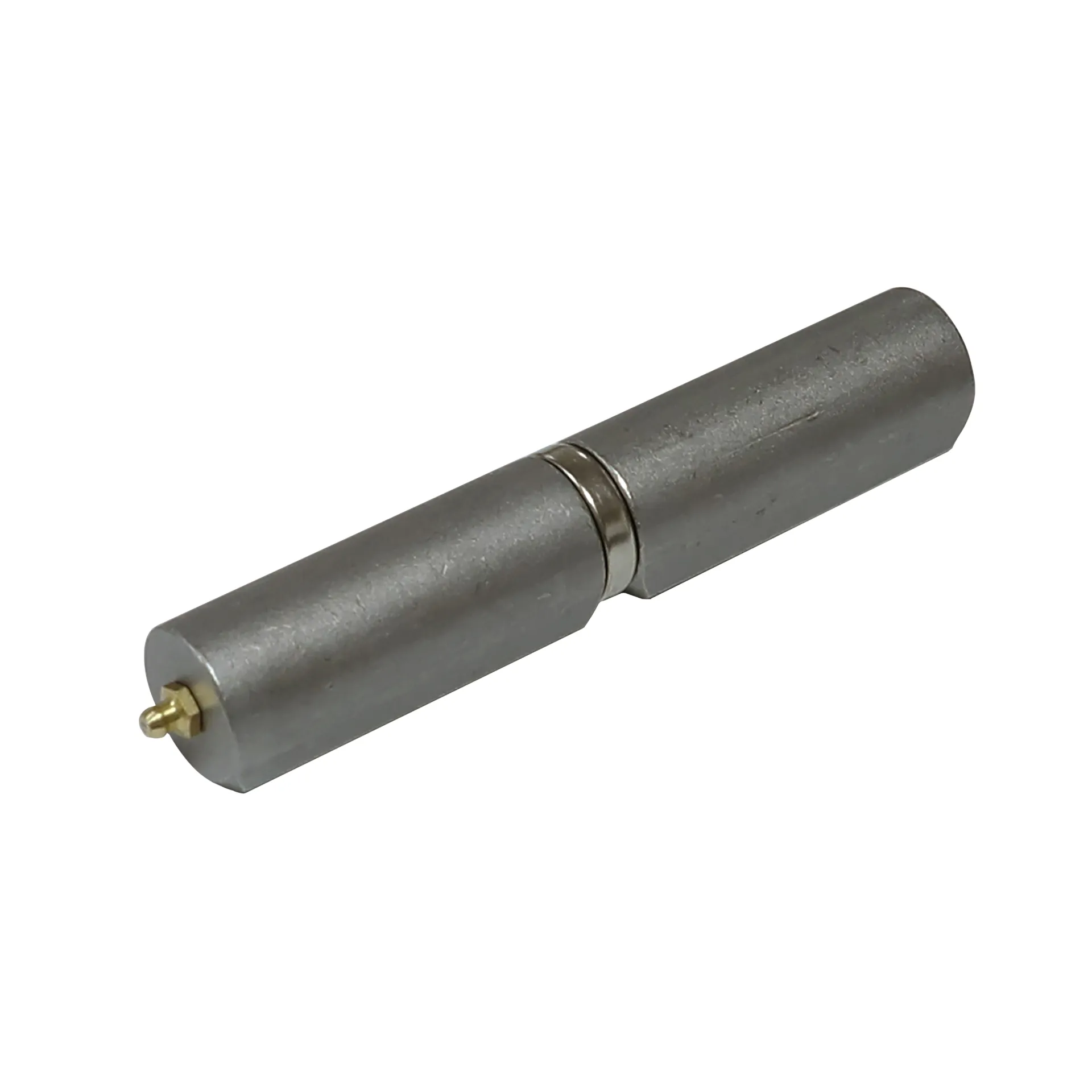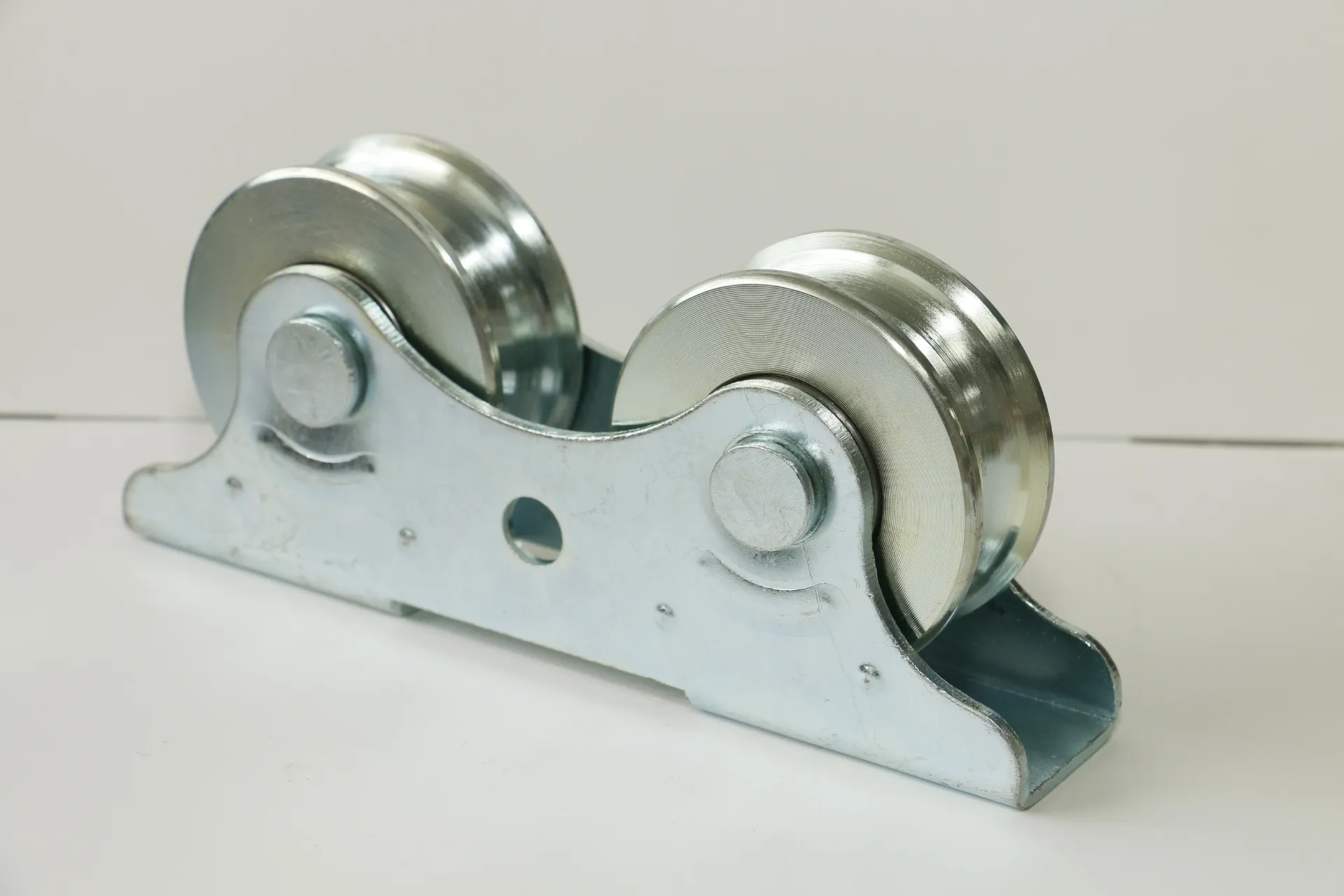
Jan . 25, 2025 04:06
Back to list
pulley steel
Pulley steel is a pivotal component in various industries, offering unmatched efficiency and reliability in mechanical systems. Built from high-grade steel, these pulleys are designed to withstand extreme conditions and provide optimal performance, making them indispensable in sectors like construction, automotive, and marine.
The trustworthiness of steel pulley suppliers is paramount in ensuring product quality and reliability. Manufacturers with a proven track record and certifications from industry bodies provide a level of assurance that their products are of the highest standard. These suppliers often subject their pulleys to rigorous quality control processes, including stress testing and performance evaluations, to guarantee reliability and safety in real-world applications. In addition to their functional benefits, steel pulleys offer environmental advantages. Steel is one of the most recycled materials globally, and using recycled steel in pulley production reduces environmental impact. This aspect makes steel pulleys a sustainable choice for eco-conscious companies, aligning with the broader industry shift towards environmentally friendly practices. Moreover, the cost-effectiveness of steel pulleys should not be overlooked. Despite the higher initial investment compared to pulleys made from less durable materials, the long-term savings in maintenance and replacement costs make steel pulleys a wise investment. Their longevity means that operations can run smoothly with minimal disruptions over extended periods, reducing overall operational expenses. In conclusion, pulley steel represents a confluence of durability, expertise, authority, and trust. Its application in various industries underscores its importance in enhancing mechanical efficiency and reliability. By opting for high-quality steel pulleys, businesses can ensure operational excellence while also committing to sustainable practices. The investment in such robust components is not just a choice for immediate operational benefits but a strategic decision for long-term organizational success.


The trustworthiness of steel pulley suppliers is paramount in ensuring product quality and reliability. Manufacturers with a proven track record and certifications from industry bodies provide a level of assurance that their products are of the highest standard. These suppliers often subject their pulleys to rigorous quality control processes, including stress testing and performance evaluations, to guarantee reliability and safety in real-world applications. In addition to their functional benefits, steel pulleys offer environmental advantages. Steel is one of the most recycled materials globally, and using recycled steel in pulley production reduces environmental impact. This aspect makes steel pulleys a sustainable choice for eco-conscious companies, aligning with the broader industry shift towards environmentally friendly practices. Moreover, the cost-effectiveness of steel pulleys should not be overlooked. Despite the higher initial investment compared to pulleys made from less durable materials, the long-term savings in maintenance and replacement costs make steel pulleys a wise investment. Their longevity means that operations can run smoothly with minimal disruptions over extended periods, reducing overall operational expenses. In conclusion, pulley steel represents a confluence of durability, expertise, authority, and trust. Its application in various industries underscores its importance in enhancing mechanical efficiency and reliability. By opting for high-quality steel pulleys, businesses can ensure operational excellence while also committing to sustainable practices. The investment in such robust components is not just a choice for immediate operational benefits but a strategic decision for long-term organizational success.
Prev:
Next:
Latest news
-
Unique Design Ideas for Wrought Iron Wall DecorNewsJul.21,2025
-
Stainless Steel Pulley for Marine ApplicationsNewsJul.21,2025
-
Safety Features in Industrial Track PulleyNewsJul.21,2025
-
Precision Tolerances for 2 Inch U Groove WheelsNewsJul.21,2025
-
Iron Fence Spears Corrosion Protection MethodsNewsJul.21,2025
-
Iron Decorative Panels for Balcony ScreensNewsJul.21,2025
-
Industrial Applications Requiring Heavy Duty PulleyNewsJul.21,2025












